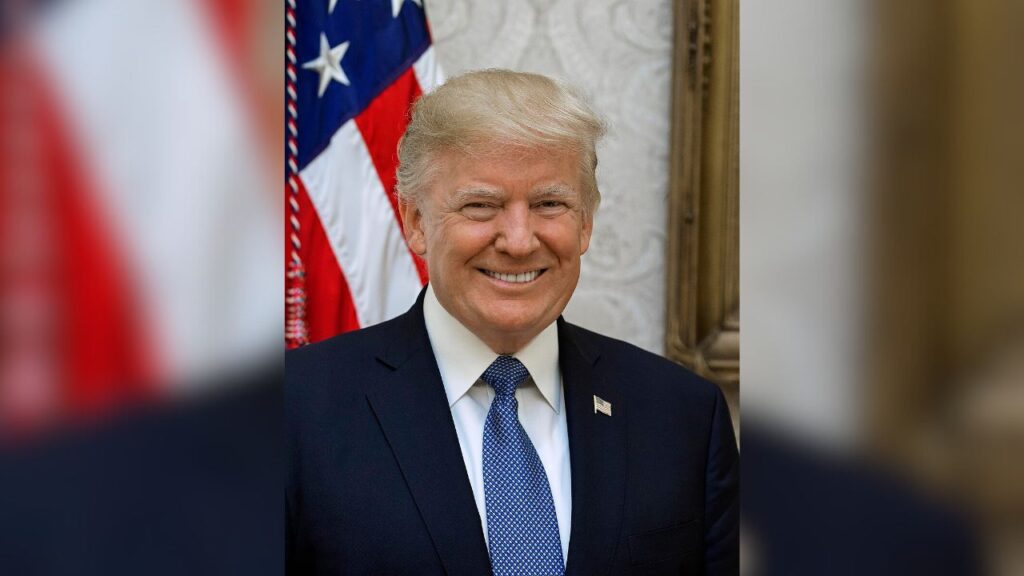
new york – Donald Trump's recent conviction on 34 felony counts of falsifying business records was a historic moment, making him the first former US president to be convicted of a felony. The conviction, which stems from his payment of hush money to adult film actress Stormy Daniels during his 2016 presidential campaign, is just one chapter in Trump's ongoing legal battles. As he awaits his sentencing, scheduled for July 11, and with three additional criminal cases pending, the implications for his future, both legally and politically, are significant.
Judge Juan M. Marchan has scheduled Trump's sentencing just days before the Republican National Convention, where Trump is expected to be formally nominated as the party's presidential candidate. The charge of falsifying business records, a Class E felony in New York state, carries a maximum sentence of four years in prison, but judges have broad discretion and can choose lesser penalties, such as fines or probation. Manhattan District Attorney Alvin Bragg has not said whether prosecutors will seek prison time for Trump.
Trump's legal team is preparing for a lengthy appeals process that could delay any possible incarceration. Trump's lawyers have already filed numerous objections during the trial, alleging bias and procedural errors that they intend to base in their appeal. One point of contention is the judge's refusal to allow testimony from an expert witness for the defense that could have provided background on federal campaign finance law.
Despite his conviction, Trump is legally allowed to continue campaigning for president, and the U.S. Constitution does not bar convicted felons from running for or holding office.
In the short term, Trump's conviction appears to have energized his supporters and unified the Republican Party. Republicans across the political spectrum have supported Trump, and his campaign reported a surge in fundraising immediately after the verdict. Trump's daughter-in-law, Lara Trump, has suggested that Trump will continue to participate in virtual rallies and campaign events even if he is sentenced to house arrest.
The hush money case is just one of several legal problems facing Trump. He is also embroiled in three other criminal cases that could carry more severe penalties. Those cases have been delayed by legal wrangling and appeals, raising doubts about whether they will go to trial before the November 2024 election.
Trump's conviction does not strip him of his right to vote unless he is incarcerated in New York. As a Florida resident, his right to vote is subject to Florida law, which is subject to convicted felons' voting rights restoration regulations. Therefore, as long as Trump avoids incarceration in New York or completes his sentence before the election, he will be able to vote for himself.
It remains unclear how Trump's conviction will affect a deeply polarized U.S. electorate. Some strategists believe he will maintain a hardline stance against President Joe Biden, but the full impact will become clear as the legal process continues and the political landscape shifts.
Trump's conviction would be a landmark event in American history and set a precedent with far-reaching implications. The coming months will reveal how this unprecedented situation will affect Trump's political ambitions and the dynamics of the election leading up to the 2024 presidential election.
Please contact the news desk at news@thebaynet.com.

